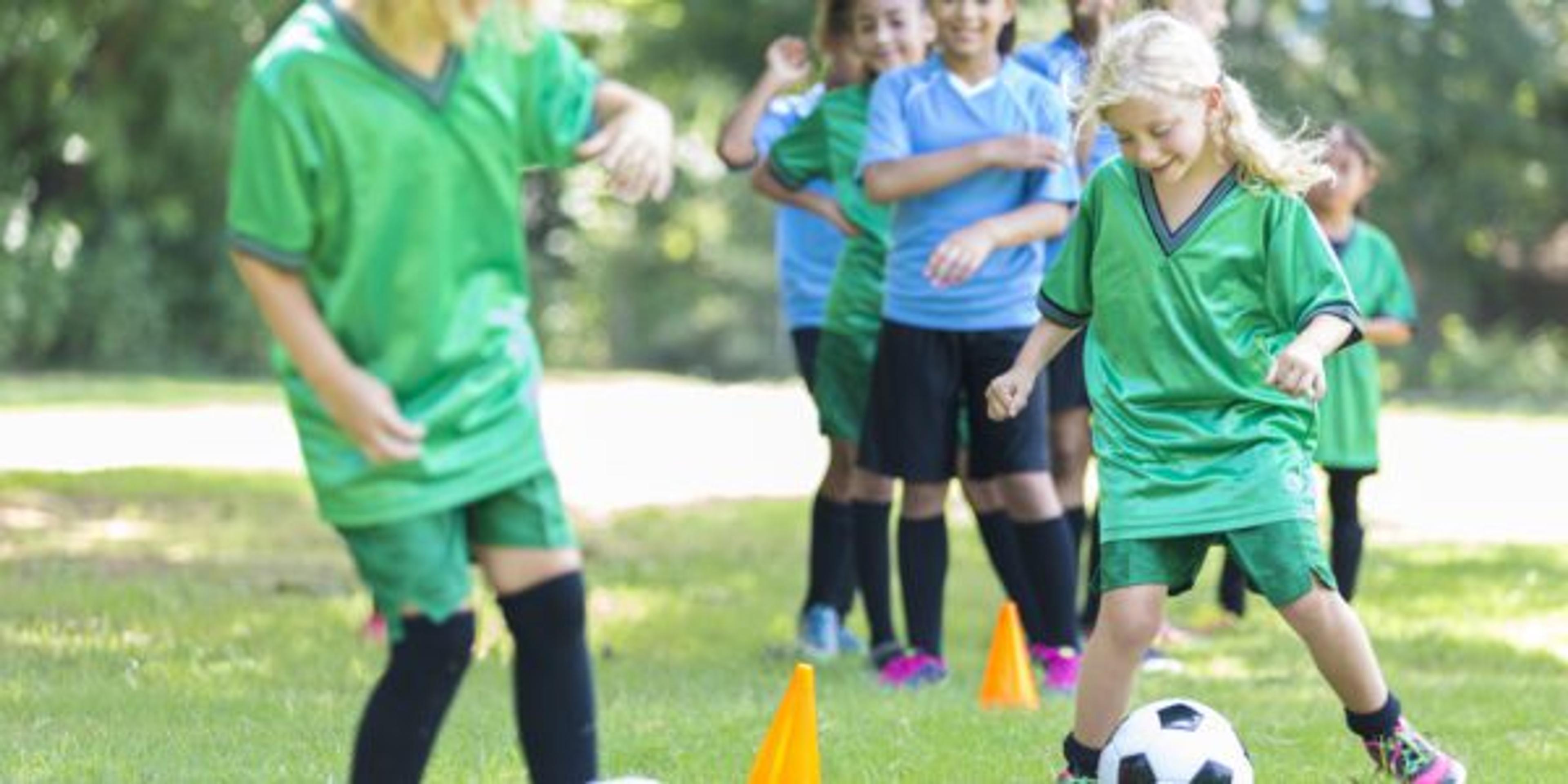How to Keep Kids Healthy During Summer Sports Practice
Shandra Martinez
| 3 min read

Summer months in Michigan can feel like a whirlwind for parents, grandparents and caregivers. School may be out, but these days lots of kids are signed up for summer sports. Depending on how many children are in a family, activity schedules can get crowded. One kid can be headed off to soccer practice while another needs to get across town to a swim lesson at the community pool. Weekends can be full of sports meets or tournaments for the pint-sized athletes. Given this fast-paced schedule, here are some tips for keeping kids healthy during summer sports practice season.
Long gone are the days when most kids spend their school vacation months lounging in front of the TV or heading over to a friend’s backyard pool. Many high school sports have evolved into having summer practice or conditioning weeks. And sports for the younger crowd seem to have become a summer staple. According to the activity estimates shared by the U.S. Centers for Disease Control and Prevention (CDC), about 54% of kids between the ages of 6 and 17 participate in organized sports. When those sports practices happen in the hot summer months, there are some special precautions parents need to take.
Sunscreen
Any sports practices taking place outdoors in June, July and August should come with a side of sunscreen. It only takes a few serious episodes of sunburn to increase a child’s risk of developing skin cancer later in life, the CDC says. Sunglasses can protect a child’s eyes from the sun’s dangerous UV rays. And use sunscreen with at least an SPF of 15, reapplying if the child is perspiring heavily or every couple hours.
Hydration
Keeping active kids properly hydrated in the summer is one of the best things you can do for them. When it comes to drinks, not all of them are created equal. Sugary sodas, beverages with added caffeine and syrupy coffee dessert-type drinks won’t be as thirst-quenching and good for their bodies as plain water. Some hydration tips for kids:
- Send kids to practice with their own reusable or single-use water bottle, whichever they are going to be more likely to fill and re-use during their activity.
- You can chill the water in the refrigerator or add ice cubes to any reusable water bottle.
- What if your kids don’t like regular water? You can try water with fresh-cut lemon or lime, sparkling flavored water or water with added flavor drops.
- Low-sugar sports drinks can also hydrate busy kids and replenish electrolytes lost during activity.
Know the signs of heat illness
Some kids may be so intent on practicing that they don’t realize the high temperatures and sun beating down on them is making them sick. Coaches who lead practices outside during midday – the most dangerous part of the day for heat-related illnesses – should be offering all athletes regular water breaks and cool-down time in the shade. But parents should also talk to their children about the basic signs of heat illnesses. Here are some brief descriptions of the two most common, according to the Michigan Department of Health and Human Services.
Heat exhaustion
- Cramps
- Fatigue
- Heavy sweating
- Nausea
- Headaches
- Weakness
- Fast, weak pulse
Heat stroke
- Skin that feels hot and dry
- Body temperature higher than 103 degrees
- Feeling confused
- Dizziness
- Unconsciousness
Related:
Photo credit: Getty Images





